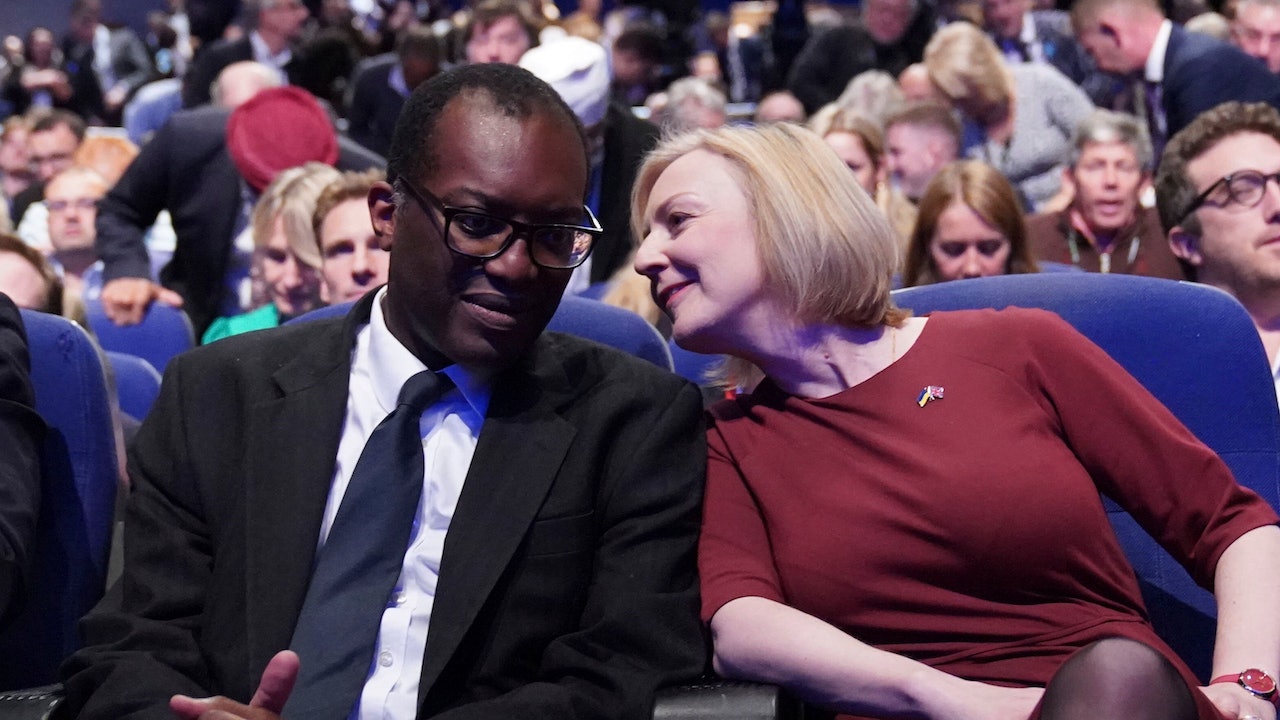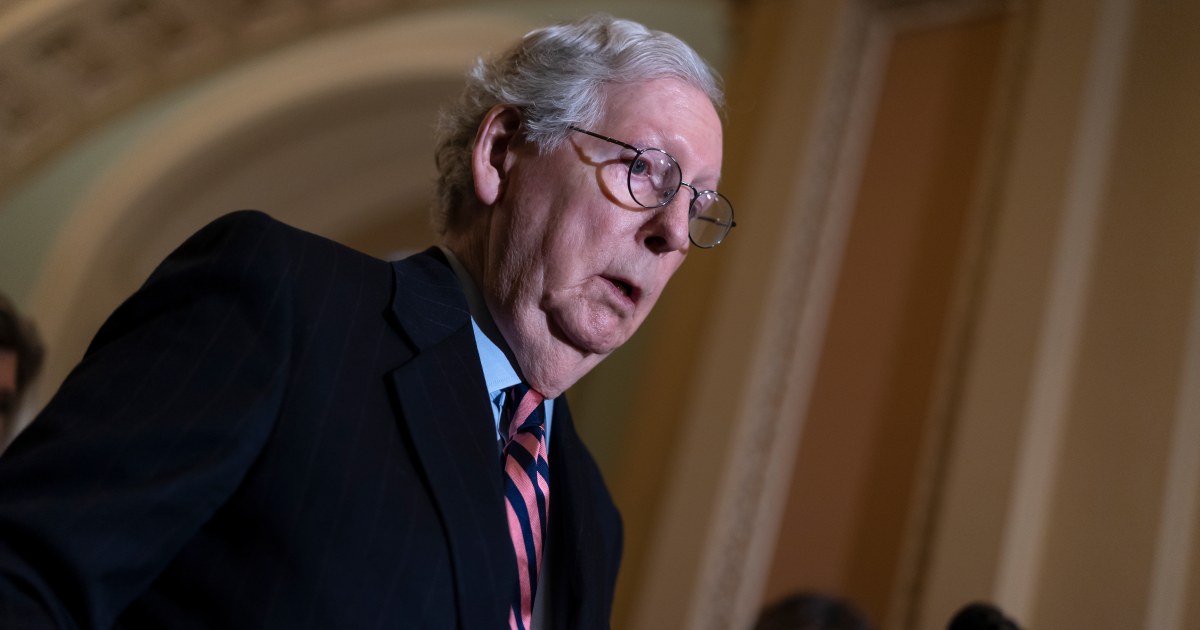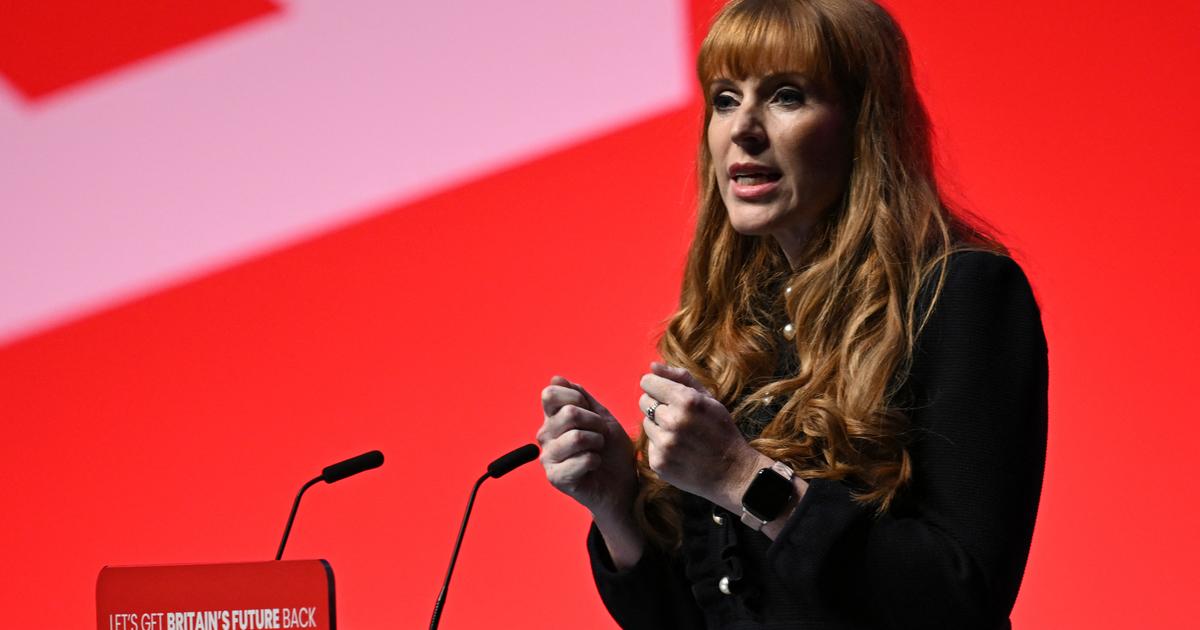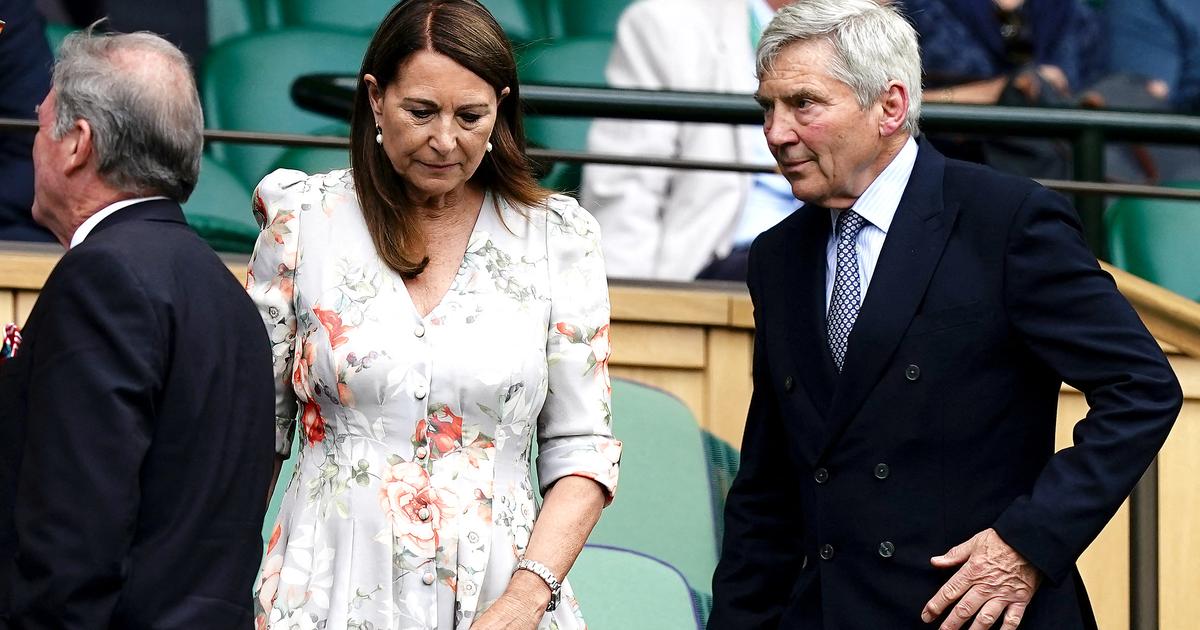On October 3, as soon as the sun came out in the UK, the long-awaited "small budget transfer" finally appeared.
Against the backdrop of the Conservative Party Conference, Finance Minister Kwasi Kwarteng (also translated as Kwarteng), who has been in office for less than a month, announced on Twitter that he would repeal the highest income tax rate of 45% in the small budget he announced ten days ago. The Ladder's plan, and the morning show went around again to explain the economic chaos of the past week.
Guan Haoting announced on September 23 a small budget of 45 billion pounds of tax cuts. It was not reviewed by the Office of Budget Responsibility (OBR) of the Ministry of Finance as usual, and there were no other plans to increase revenue or reduce support. It was purely a debt reduction.
The British pound fell sharply after that, and once fell below the historical low against the US dollar; the interest rate of the ten-year government bond of the British government rose sharply; housing mortgage lending was partially suspended; the International Monetary Fund (IMF) rarely said that the British government should think twice; There was a negative review; the Bank of England, which was originally implementing a tightening monetary policy, was forced to enter the market to buy long-term government bonds "for a short period of time"; the evaluation of Britain entering the "third world" suddenly became a cliché.
Liz Truss's small budget is the Conservative Party's lowest-rated fiscal manifesto since 2010, according to a YouGov poll.
Among them, the reduction of the basic income tax rate from 20% to 19%, the withdrawal of the 1.25% increase in National Insurance, and other tax reduction plans that can benefit more people are actually supported by nearly 60% of the public, but the withdrawal of the original plan to increase from 19% to 19%. A 25% increase in corporate tax is only supported by 30% of people and opposed by nearly 50%.
Although Guan Haoting packaged the small budget as a plan to increase the UK's economic growth to 2.5%, evaluations from all walks of life believe that this is an untargeted tax cut, and this loose fiscal policy also contradicts the central bank's tightening policy. weakened the effectiveness of the policy to suppress inflation.
We get it, and we have listened. pic.twitter.com/lOfwHTUo76
— Kwasi Kwarteng (@KwasiKwarteng) October 3, 2022
Among them, the most "unwise" public relations disaster is the removal of the bonus ceiling for bankers left over from EU regulations, and the proposal to remove the top 45% income tax rate (annual income above £150,000), which has finally been withdrawn today.
At the beginning of the budget announcement, people had already pointed out the "nonsense" of these two policies.
On the one hand, the bonus ceiling for bank practitioners itself is an “uncapped” ceiling, because the ceiling is set at 200% of the salary. If the bank really wants to raise the salary of the management or attract talents with high salary, it can also be paid through Salary adjustments are handled.
While the presence of the cap increases the fixed costs of employing bankers in the UK and EU, the general analysis agrees that the presence or absence of the cap has little impact on the competitiveness of the UK financial sector (compared to the impact of Brexit, for example).
On the other hand, removing the top income tax bracket has no obvious relationship to stimulating UK economic growth (will these high-income earners suddenly increase their entrepreneurial intentions because of the tax cut?), and the tax cut involved is only £2 billion It is concentrated in the hands of the 660,000 highest-income earners, and the effect of the money distribution will probably not stimulate the increase in consumption.
These two policies, which actually have little impact, seem to be "reverse wealth redistribution" aimed at the rich, not only self-defeating the people's hearts, but also giving Labour an excuse to attack the Conservative Party for favoring the rich.
In a YouGov poll, the opposition to both policies reached 70%, the highest among all small-budget programs.
Those who can launch such a policy are probably not introverted politicians who have no political tentacles at all.
Guan Haoting and Zhuo Huisi attended the Conservative Party Conference in Birmingham on October 2, which will end on the 5th.
(AP)
This time, Guan Haoting's decision not to withdraw the 45% top income tax rate can be regarded as a response to this public backlash.
He himself pointed to the proposal as a distraction for the British, arguing that withdrawing the decision would allow people to focus more on "the main part of the growth package".
The problem is that this political turmoil was originally created by the Zhuo Huisi government itself, and now withdrawing part of it after ten days will not help Zhuo Huisi and Guan Haoting to relieve the responsibility of self-control of the political crisis for no reason, and the incompetence shown in it.
Moreover, even if the top income tax rate ladder is retained, most of the other small budget debt tax cuts have not been eliminated. In fact, it does not change the essence of the aimless tax cuts of Zhuohuisi.
Furthermore, tossing around, turning around and going back to the starting point cannot be regarded as nothing has happened.
After this battle, the reputation of the Zhuohuisi government at home and abroad has been shattered, and people are questioning the ability of this right-wing fanatic who only knows about tax cuts to lead Britain through the current economic difficulties.
Labour is also questioning the irreversible damage that this back-and-forth has caused ordinary households to pay higher mortgage rates.
At present, the Zhuohuisi authorities are only willing to partially withdraw the policy, Guan Haoting is unwilling to resign as a "top offense", and the Conservatives do not dare to change generals before the new prime minister takes office.
In this way, the Conservative Party's 12 years of governance may have reached its final stretch.
Labour has led the Conservatives by 17 to 33 percentage points in various polls since the small budget was announced, with Chew Huis as prime minister trailing Labour leader Keir Starmer by 29 percentage points.
At the just past Labour Party Congress, Shi Jixian has become a fiscally prudent representative.
If the Conservatives are going to do anything to restore popularity, it will be far from enough to recoup a low-impact PR disaster in a small budget.
Worse still, people don't see what the Conservative Party can do to make it stronger.
Zhuohuisi's support continues to decline, only 18% agree with the government's work to cut taxes to save the economy. Zhuohuisi's tax cut plan has been criticized. Great Britain announced the withdrawal of the plan. Advise British Prime Minister James Zhuohuisi to 'admit wrong' again, saying tax cut announcement was mishandled






/cloudfront-eu-central-1.images.arcpublishing.com/prisa/RLVRE36BJ333YNEQ2LG6XMIQSY.jpg)


/cloudfront-eu-central-1.images.arcpublishing.com/prisa/DNMPMYRY3S5QCGBXIIUDFCL7MU.jpg)





